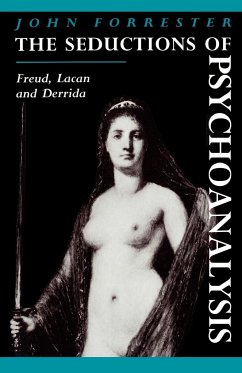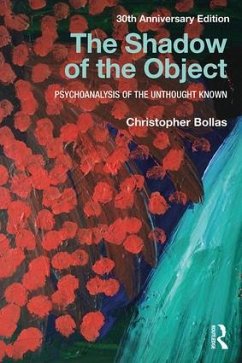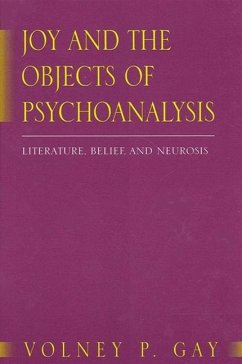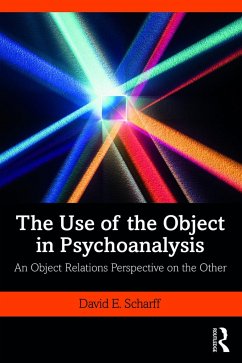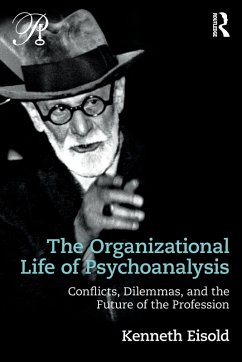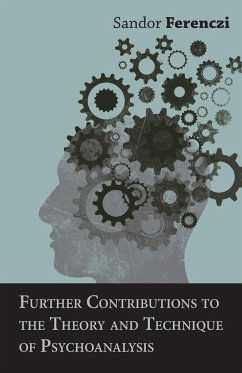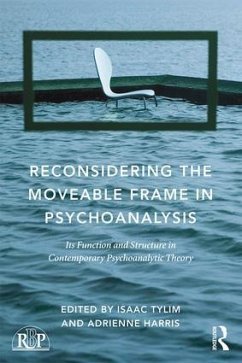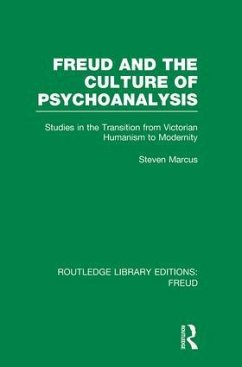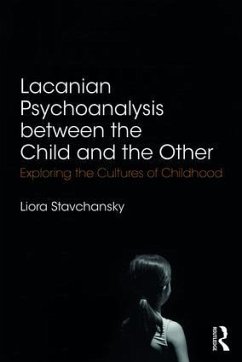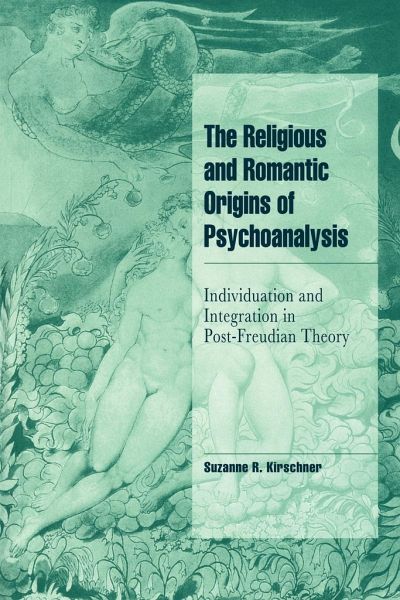
The Religious and Romantic Origins of Psychoanalysis
Individuation and Integration in Post-Freudian Theory
Herausgeber: Seidman, Steven

PAYBACK Punkte
22 °P sammeln!
In this book, Suzanne Kirschner traces the origins of contemporary psychoanalysis back to the foundations of Judaeo-Christian culture, and challenges the prevailing view that modern theories of the self mark a radical break with religious and cultural tradition. Instead, she argues, they offer an account of human development which has its beginnings in biblical theology and neoplatonic mysticism. Drawing on a wide range of religious, literary, philosophical and anthropological sources, Dr Kirschner demonstrates that current Anglo-American psychoanalytic theories are but the latest version of a...
In this book, Suzanne Kirschner traces the origins of contemporary psychoanalysis back to the foundations of Judaeo-Christian culture, and challenges the prevailing view that modern theories of the self mark a radical break with religious and cultural tradition. Instead, she argues, they offer an account of human development which has its beginnings in biblical theology and neoplatonic mysticism. Drawing on a wide range of religious, literary, philosophical and anthropological sources, Dr Kirschner demonstrates that current Anglo-American psychoanalytic theories are but the latest version of a narrative that has been progressively secularized over the course of nearly two millennia. She displays a deep understanding of psychoanalytic theories, while at the same time raising provocative questions about their status as knowledge and as science.
Table of contents:
Introduction; 1. Toward a cultural genealogy of psychoanalytic developmental psychology; 2. The assenting ego: Anglo-American values in contemporary psychoanalytic developmental psychology; 3. The developmental narrative: the design of psychological history; 4. Theological sources of the idea of development; 5. The Christian mystical narrative: Neoplatonism and Christian mysticism; 6. Jacob Boehme: towards worldly mysticism; 7. Romantic thought: from worldly mysticism to natural supernaturalism; 8. Personal supernaturalism: the cultural genealogy of the psychoanalytic developmental narrative; Conclusion.
Suzanne Kirschner traces psychoanalytic theories of the self back to biblical and neoplatonic roots to show that religious themes and values still influence how modern psychologists make sense of the human condition.
Cultural history of psychoanalysis, tracing it back to Judaeo-Christian and Greek sources.
Table of contents:
Introduction; 1. Toward a cultural genealogy of psychoanalytic developmental psychology; 2. The assenting ego: Anglo-American values in contemporary psychoanalytic developmental psychology; 3. The developmental narrative: the design of psychological history; 4. Theological sources of the idea of development; 5. The Christian mystical narrative: Neoplatonism and Christian mysticism; 6. Jacob Boehme: towards worldly mysticism; 7. Romantic thought: from worldly mysticism to natural supernaturalism; 8. Personal supernaturalism: the cultural genealogy of the psychoanalytic developmental narrative; Conclusion.
Suzanne Kirschner traces psychoanalytic theories of the self back to biblical and neoplatonic roots to show that religious themes and values still influence how modern psychologists make sense of the human condition.
Cultural history of psychoanalysis, tracing it back to Judaeo-Christian and Greek sources.





